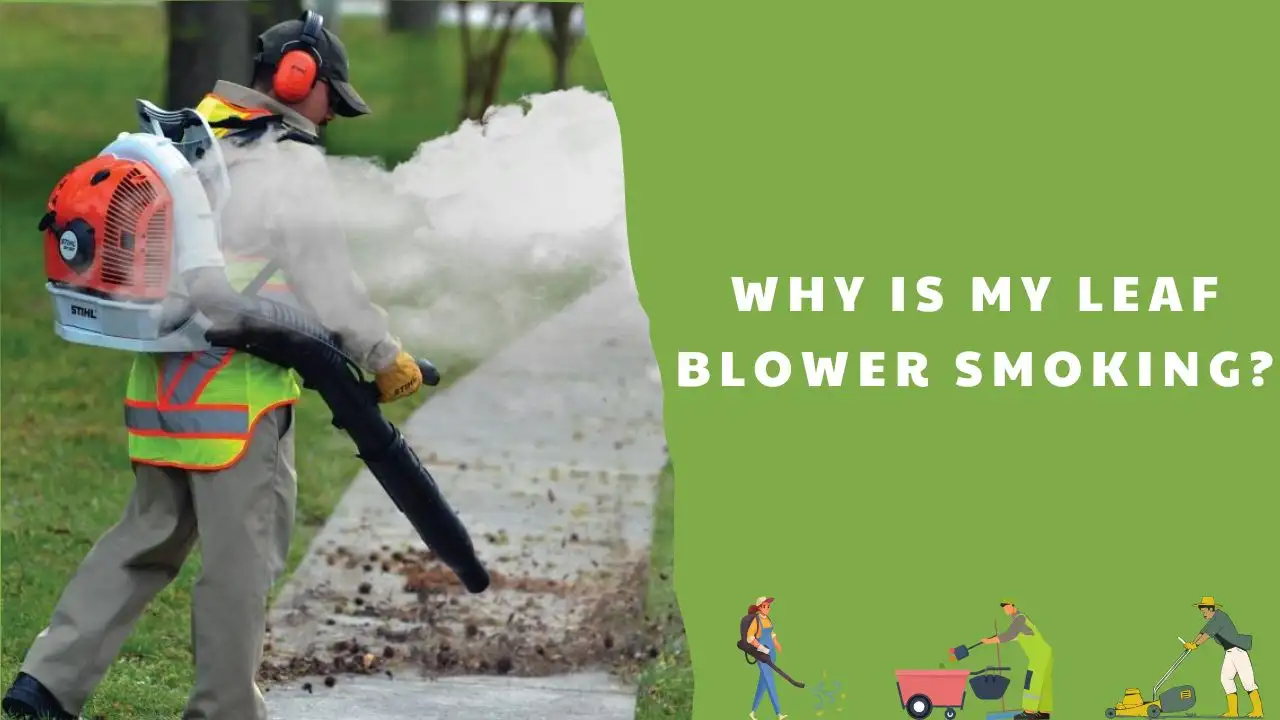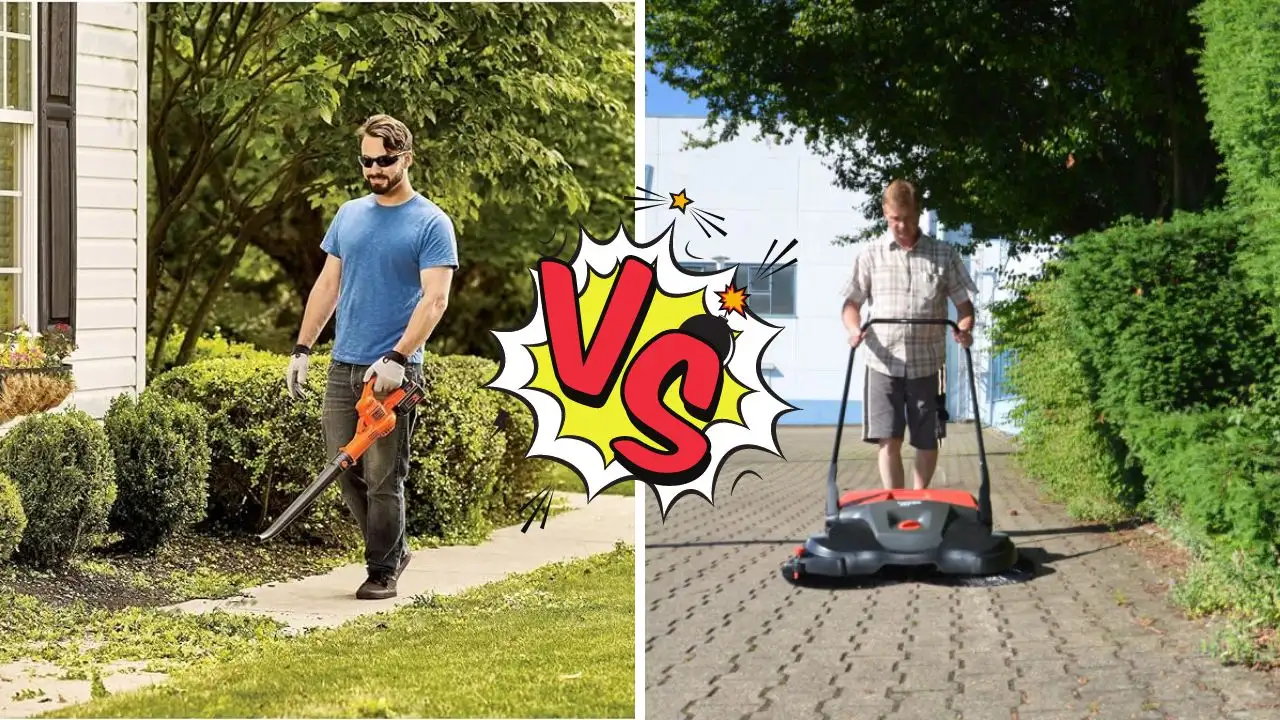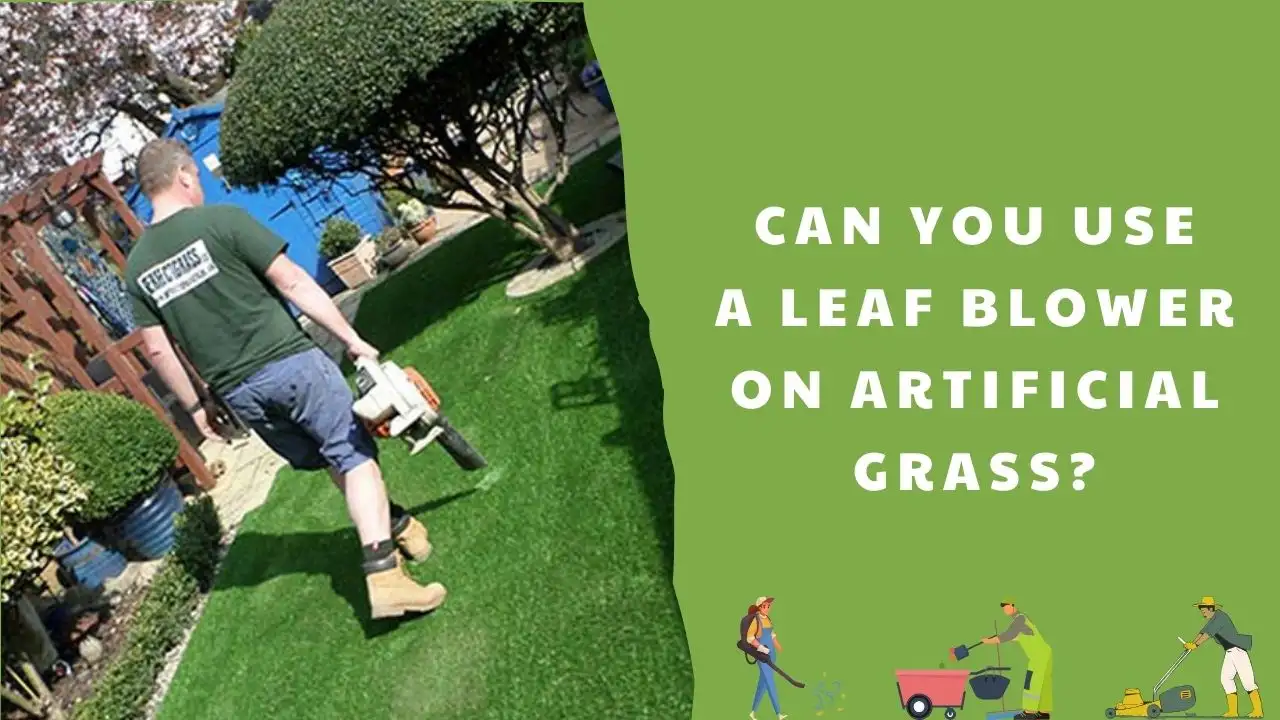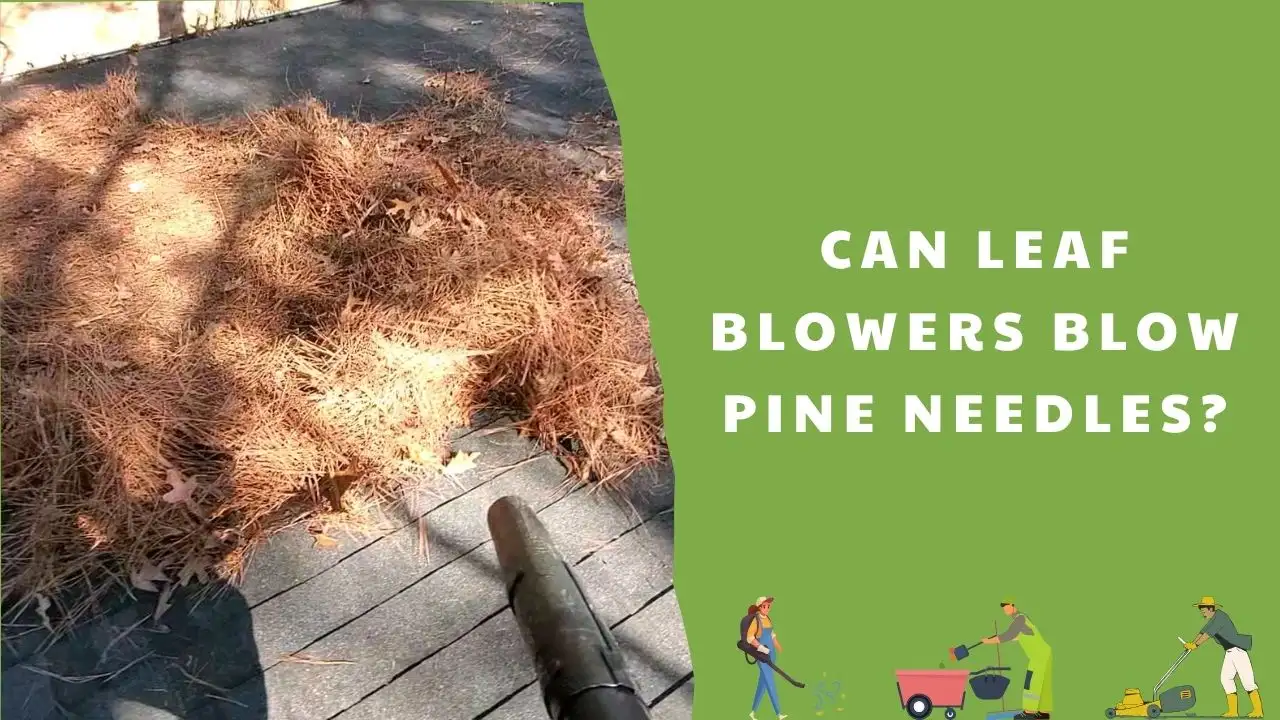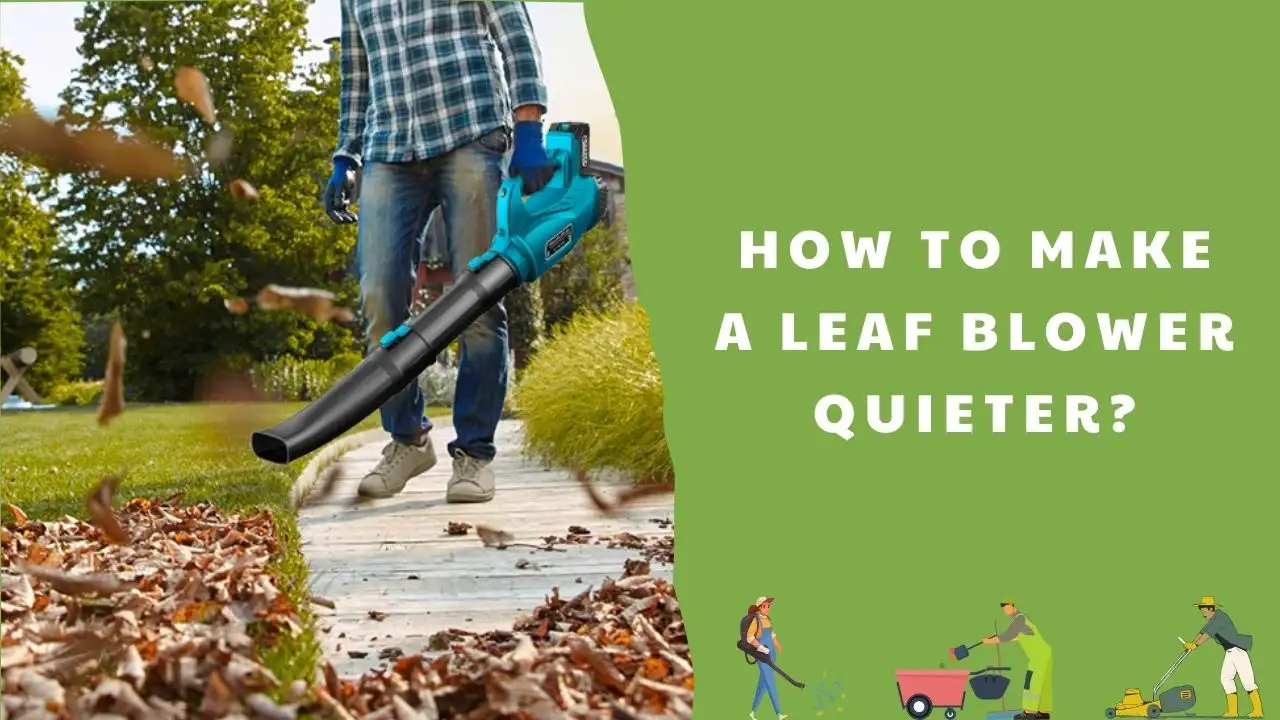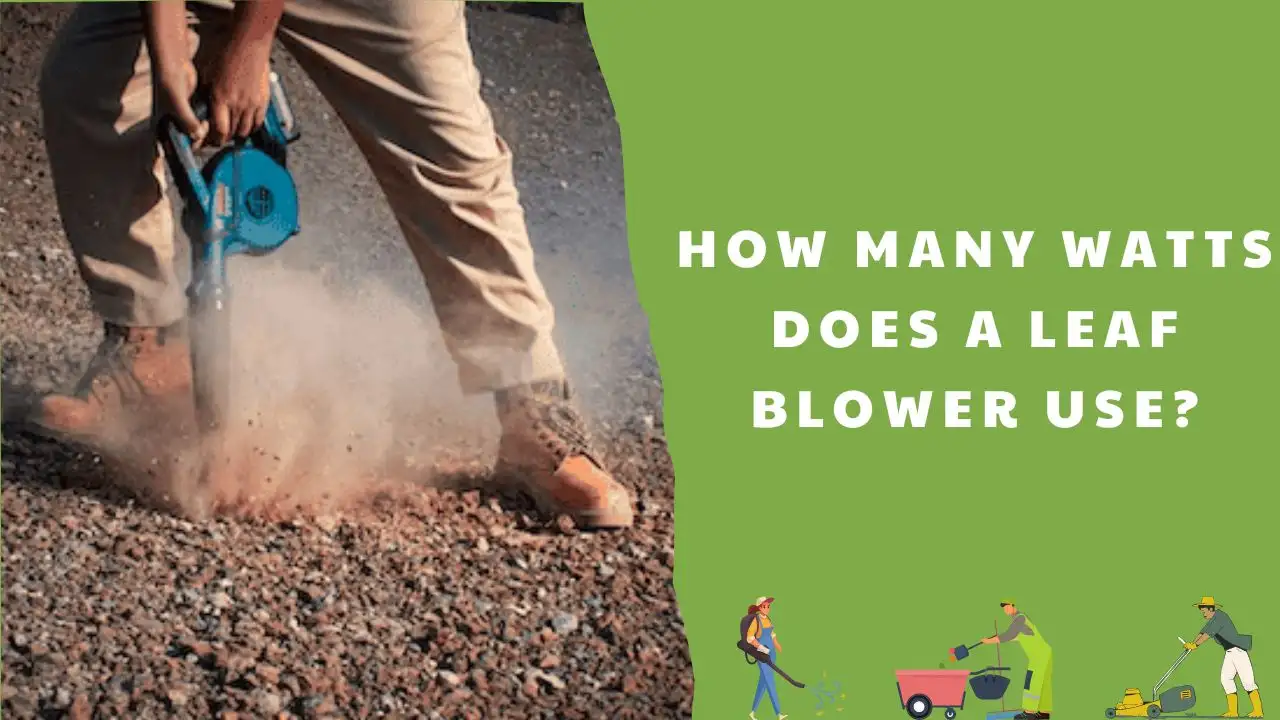In this article, Garden Nurturer explores the common reasons why your leaf blower may be smoking and provides detailed explanations and solutions for each problem. Learn more about diagnosing and solving your leaf blower smoking problem.
What causes leaf blowers to smoke?
Leafblowers can smoke for various reasons, and understanding the underlying causes can help you address the issue effectively. Here are some common reasons why leaf blowers may produce smoke:
Excessive Oil in the Engine
A common cause of smoking leaf blowers is an excessive amount of oil in the engine. If you overfill the oil reservoir or have a faulty oil system, it can result in oil being burned along with the fuel, producing smoke. Check your owner’s manual for the correct oil level and ensure you’re using the recommended oil type.
Oil and Fuel Mixture
Two-stroke engines, commonly found in many leaf blowers, require a specific oil-to-fuel mixture. If this mixture is incorrect, with too much oil or not enough, it can lead to smoking as the engine struggles to burn the fuel efficiently. Ensure you mix the oil and fuel according to the manufacturer’s guidelines.
Clogged Air Filter
A dirty or clogged air filter can restrict airflow to the engine, causing it to run rich (too much fuel, too little air), resulting in smoke. Regularly inspect and clean or replace the air filter as recommended in your leaf blower’s maintenance manual.
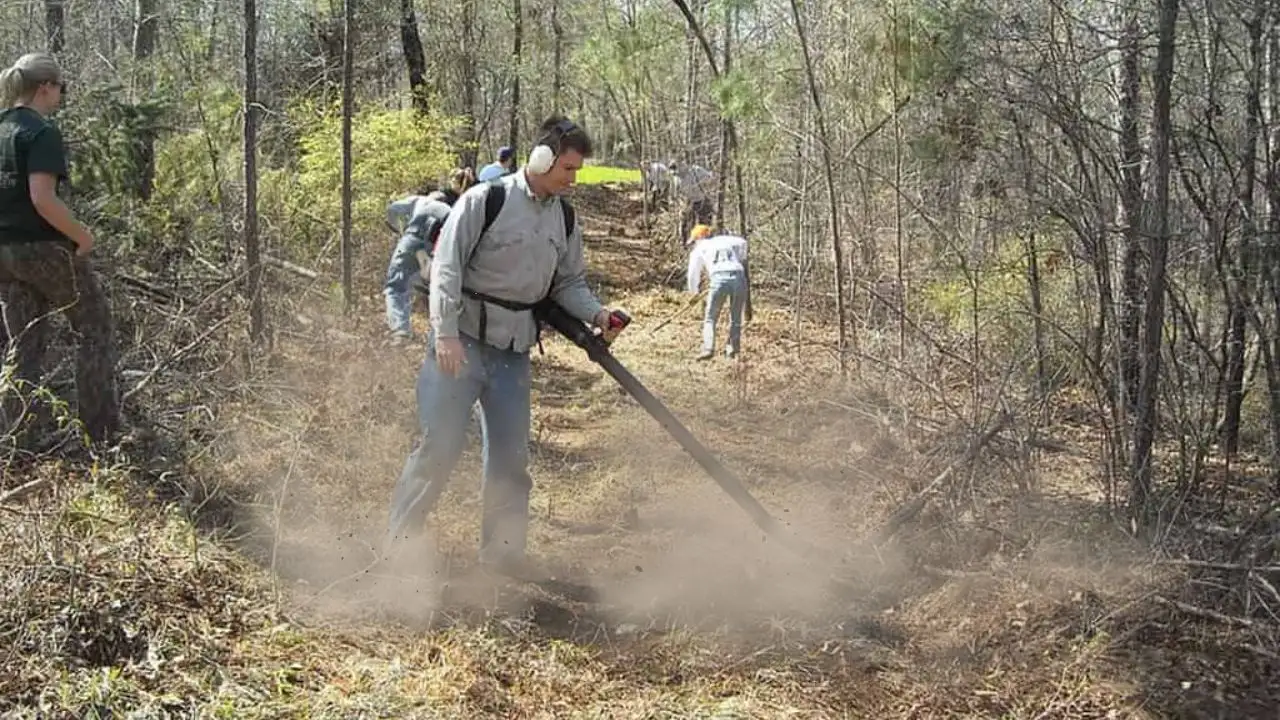
Dirty Spark Arrestor Screen
The spark arrestor screen in the exhaust system can become clogged with carbon deposits over time. This can hinder exhaust flow and lead to smoke emissions. Clean or replace the spark arrestor screen as needed.
Damaged or Worn-out Components
Worn-out or damaged engine components, such as piston rings, valves, or gaskets, can allow oil to leak into the combustion chamber, causing smoke. A professional inspection and potential engine repair may be necessary in such cases.
Incorrect Fuel
Using old or stale fuel can lead to poor combustion and smoking. Ensure you always use fresh, properly mixed fuel that meets the manufacturer’s recommendations.
Excessive Carbon Buildup
Carbon deposits can accumulate in the exhaust system over time. Regularly clean the exhaust system to prevent smoke caused by burning off these deposits.
Improper Storage
Leaving fuel in the leaf blower during long periods of inactivity can lead to gum and varnish buildup in the carburetor and fuel system. This buildup can result in smoking when you start the blower again. Empty the fuel tank or use a fuel stabilizer when storing the equipment for an extended period.
What should I do if my leaf blower starts smoking?
If your leaf blower emits smoke, addressing the underlying issue is essential to prevent further damage and ensure safe operation. Here are steps to remedy the situation when your leaf blower is smoking:
- Immediately stop using the leaf blower and turn it off. Allow it to cool down before attempting any further inspection or maintenance.
- Verify that the oil level is correct. If you’ve overfilled the oil reservoir, drain the excess to the recommended level per the manufacturer’s instructions.
- Ensure you have mixed the correct oil-to-fuel ratio if your leaf blower uses a two-stroke engine. Adjust the mixture as needed to meet the manufacturer’s recommendations.
- Check the air filter for dirt and debris. Clean or replace it if it’s dirty or clogged to ensure proper airflow to the engine.
- Inspect the spark arrestor screen for blockages and carbon buildup. Clean or replace it if necessary to maintain proper exhaust flow.
- Inspect the engine for any visible oil or fuel leaks. If you notice leaks, address them promptly by tightening connections or replacing damaged components.
- Examine the exhaust system for any signs of blockages or excessive carbon buildup. Clean the exhaust system as needed to facilitate proper exhaust flow.
- Ensure you use fresh, properly mixed fuel that meets the manufacturer’s recommendations. Replace stale or contaminated fuel with a new batch.
- Regularly follow the maintenance schedule outlined in your leaf blower’s manual. This includes cleaning, oil changes, and component inspections to prevent future smoking issues.
- If you’ve tried the above steps and the smoking issue persists, or if you suspect internal engine problems, it’s advisable to consult a professional technician or a certified repair center for a thorough inspection and necessary repairs.
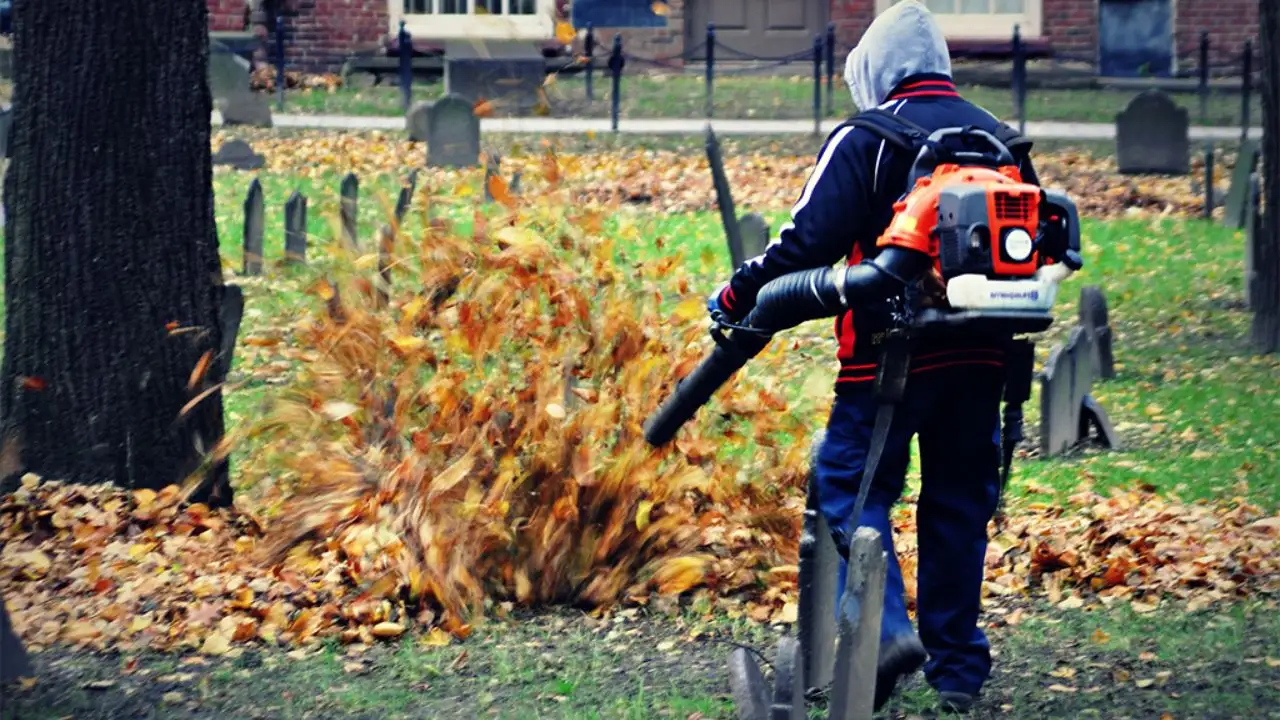
Can I still use my leaf blower if it’s smoking?
It is strongly advised against continuing the use of a smoking leaf blower. Operating the equipment in this condition poses significant risks, including potential danger and possibly exacerbating the damage.
Addressing the issue promptly and effectively before considering resuming its usage is crucial. Taking the necessary precautions ensures personal safety and the longevity and optimal performance of the leaf blower.
How can I prevent my leaf blower from smoking in the future?
To prevent your leaf blower from smoking in the future, consider implementing the following measures based on the gathered information:
- Use Correct Fuel
Ensure that you are using the proper fuel for your leaf blower. Using the wrong type of fuel can lead to smoking issues. Blue smoke might indicate the incorrect fuel has been used, and black smoke could also point to this issue.
- Proper Fuel Mixture
If your leaf blower is gas-powered, use an adequately blended fuel. Improperly mixed fuel can cause smoking issues.
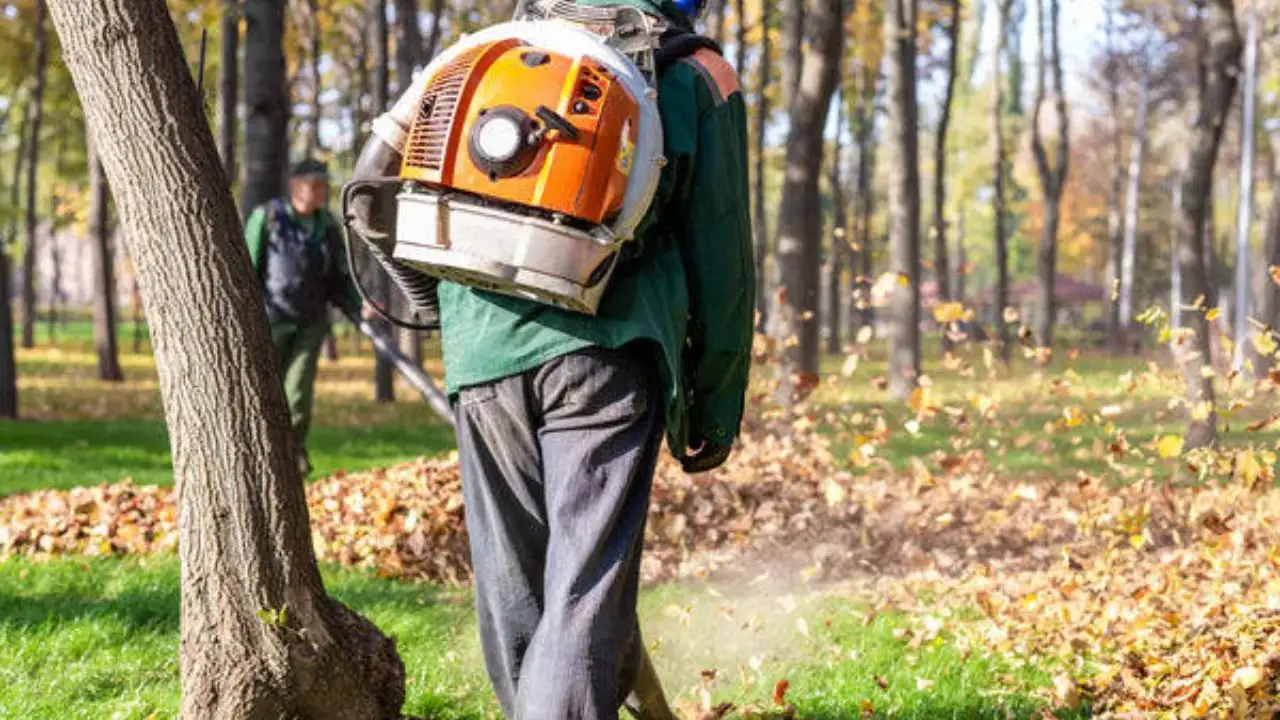
- Dry Storage
Store your leaf blower in a dry place to prevent it from getting wet. Avoid using it in damp or rainy conditions, as moisture can lead to smoking problems.
- Regular Maintenance
Perform regular maintenance on your leaf blower, including checking and cleaning the carburetor, air filter, and other components to ensure they function correctly.
- Professional Inspection
If your leaf blower continues to smoke despite taking preventive measures, consider having it inspected by a qualified technician to identify and address any underlying issues.
Conclusion
Smoking leaf blowers are not only a nuisance but also a call for attention. By understanding the potential causes and remedies that Garden Nurturers share with you, you can prevent more significant problems.
Always remember to maintain regular maintenance, and feel free to consult a professional for help when things seem to be getting out of control. A leaf blower is an investment in the beauty of your garden, so make sure it always operates as cleanly and efficiently as possible.

